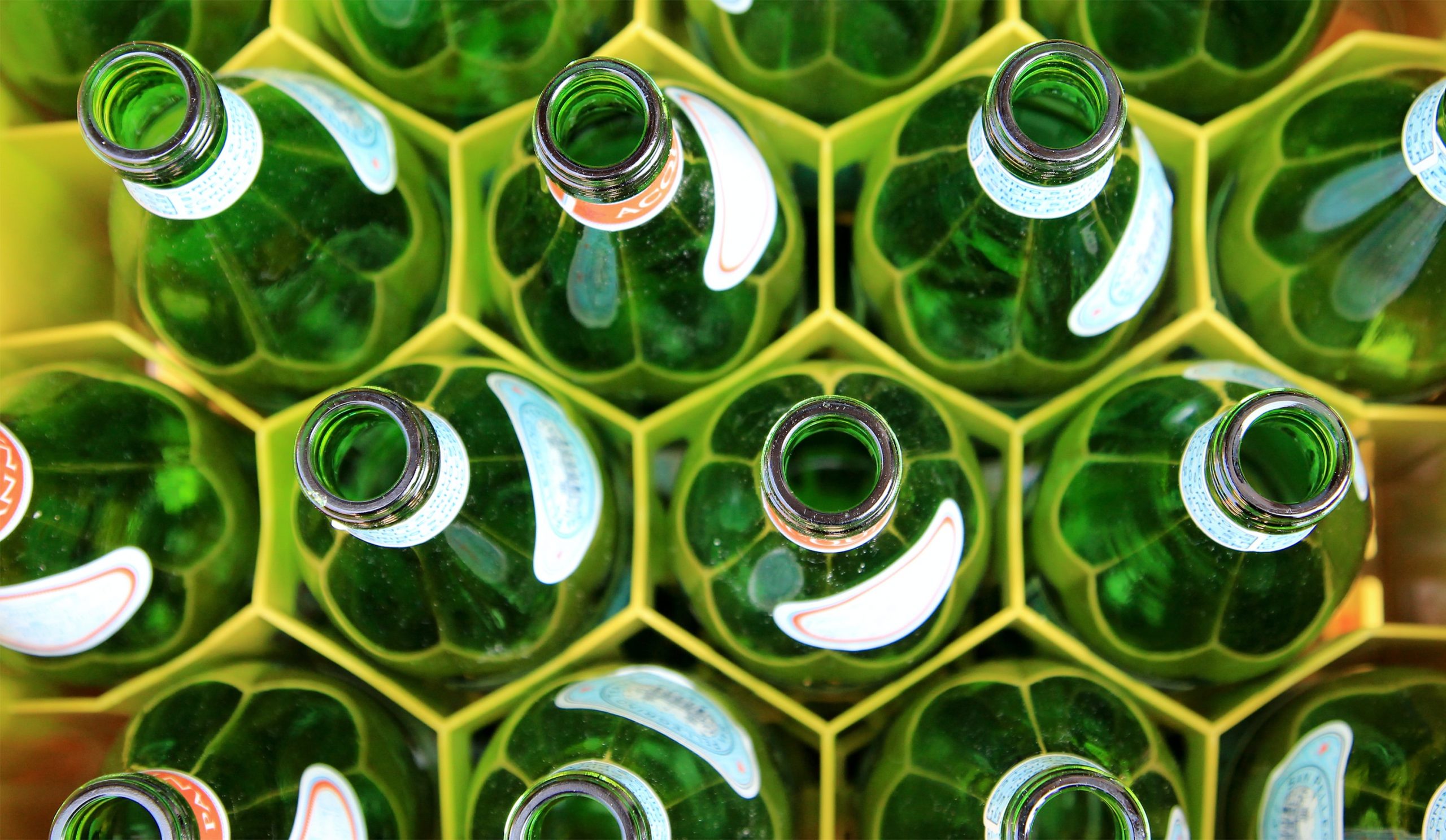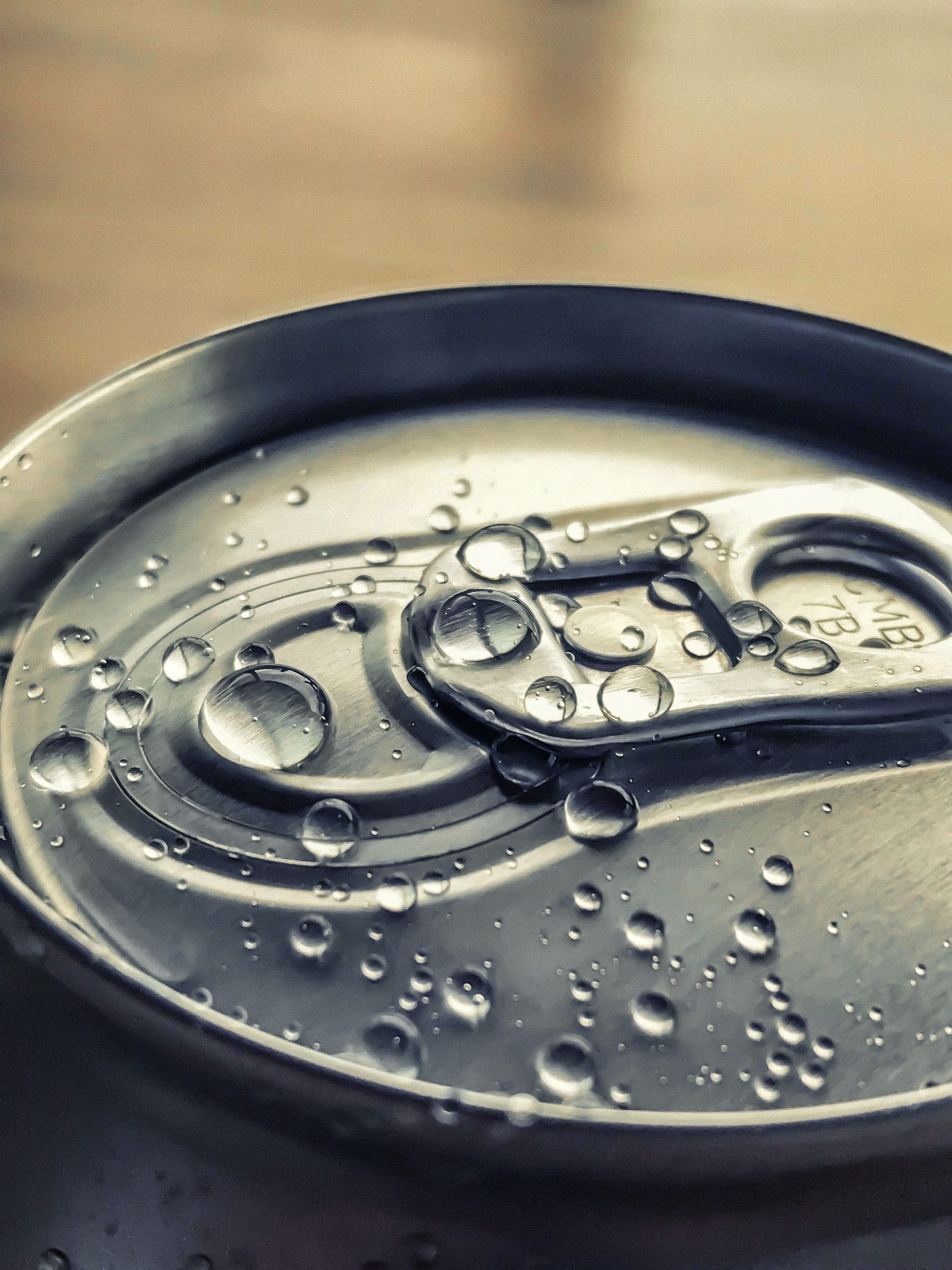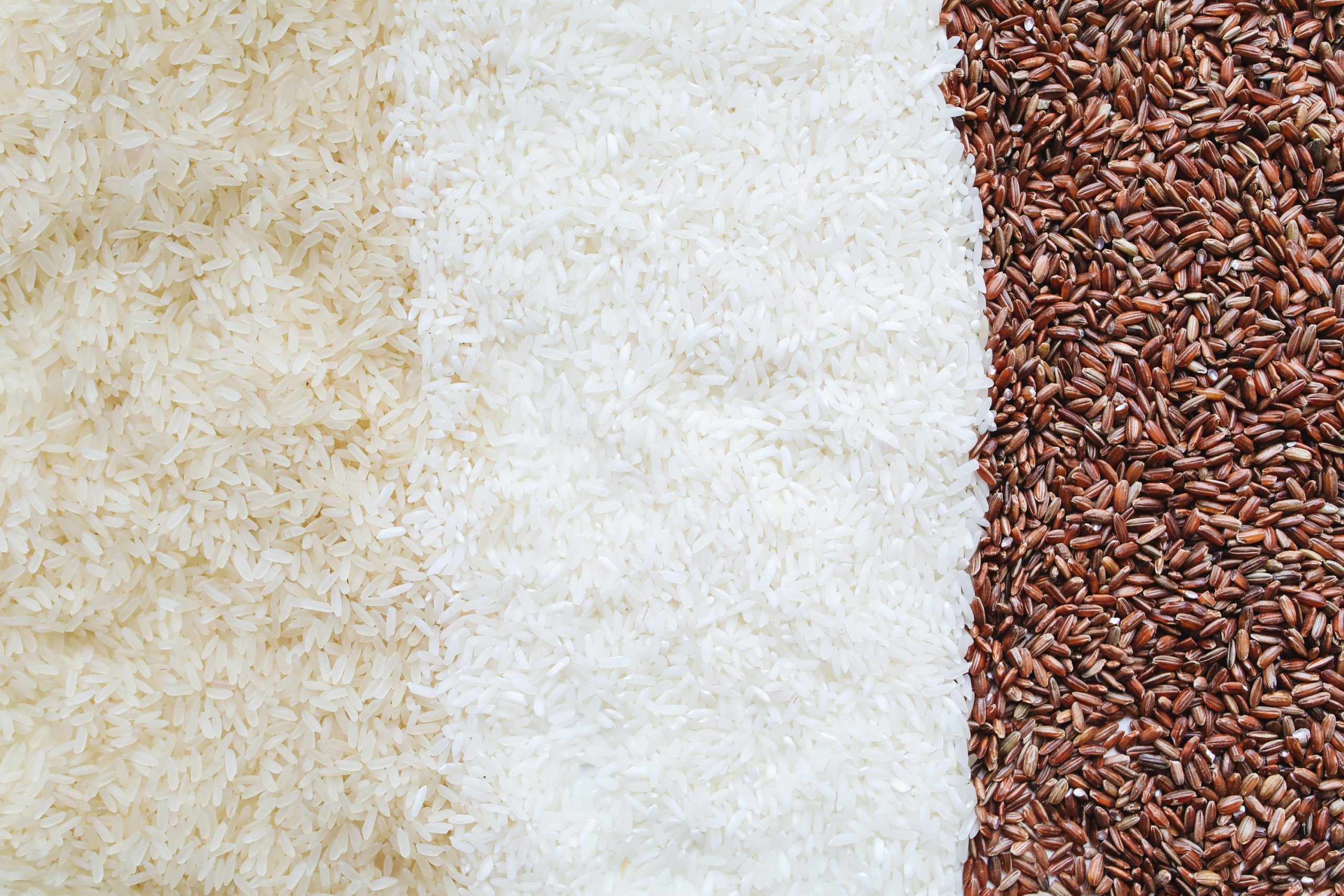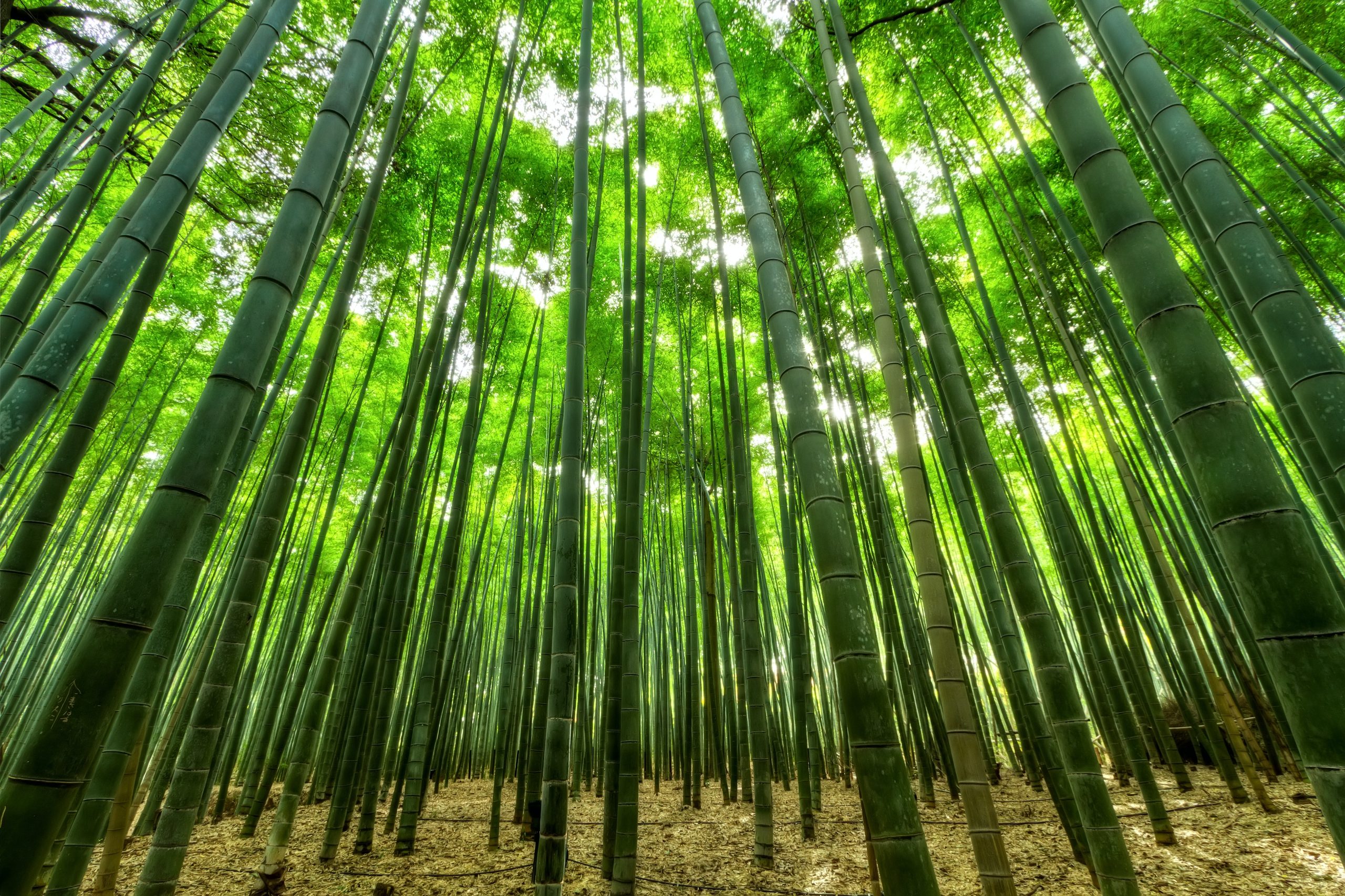End Of Line Processes
End of line eco friendly food packaging
Packaging is vital to the UK’s food supply. It is essential for keeping items fresh during transport, and in a condition that consumers will accept. However, many types of packaging, particularly plastic varieties, have a downside: they’re not always kind to the environment.
Consumers are now concerned about the issue, increasingly demanding eco food packaging, and shunning products that don’t offer it. Interestingly, though, there is no widely accepted definition of what eco-friendly food packaging is. While it is generally lower impact than conventional alternatives, many companies are using it for “greenwashing” operations instead of making real progress towards their environmental goals.
Even so, it is clear what the industry needs to avoid: single-use plastic packaging, packaging that contains BPA, and plastic takeout containers. All these are petroleum-based products, take thousands of years to biodegrade, and in some cases, can harm human health directly.
Industries we can help with
Food And Drink
Food processing plant design consultants can help you improve your plant’s energy efficiency, increase your rate of production, reduce lead times, and achieve 100 percent food safety compliance. However, they are also essential when you want to expand your operations.
Pet Food
Setting up a pet food production line is similar to a human food production line. However, as you might expect, there are some differences.
Pharmaceutical
Pharmaceutical engineering and plant design consultants help you expand pharmaceutical production lines in factories more efficiently and effectively. Their work includes regulatory compliance, validation, and implementing logistics services for maintenance and systems management. Most consultants assist firms from the initial concept stage onwards, guiding them through every step of the plan.
Petrochemical
Using an outside consultant for your petrochemical engineering projects can help you to maintain safety, efficiency and productivity like never before, all while minimising your spend and controlling your budget for your petrochemical plant construction.

Types Of Eco-friendly Food Packaging
You can quite easily find sustainable food packaging in the UK, as long as you know what you are looking for.
Glass Containers
Before plastic, most manufacturers used glass to store and transport their products. It was more expensive and prone to breakage, but it was also reusable, easy to clean and only had a minor impact on the environment.
Today, many glass containers have plastic or plastic-containing composite lids. Pure metal screw tops are superior but rarer.

Stainless Steel
Stainless steel is another sustainable alternative, though it does necessitate the use of fossil fuels when mining the ore and preparing the sheet metal.
Stainless steel has the advantage of being heat-resistant, rust-free, and incredibly durable. It’s also hypoallergenic and non-reactive, making it suitable for food storage applications. Stainless steel containers can be paired with sustainable stoppers or lids to eliminate plastic waste.

Rice Husk
Manufacturers are increasingly experimenting with rice husk, a byproduct of rice farming that is both renewable and biodegradable. Manufacturers are now investigating whether the material is suitable for serving bowls and lunch boxes.

Gelatin Films
Many products require plastic films to keep food containers air-tight. These are effective, but also made of petrochemicals that don’t break down in the ground. However, eco-friendly food packaging design is changing all this. Now manufacturers are experimenting with a wholly natural material, gelatin.
Gelatin is an obvious choice for several reasons. It’s low cost, able to reliably form films, and is non-toxic, meaning that it will not react with food.
To improve strength, manufacturers are exploring the idea of filling gelatin films with a type of cellulose that inhibits the growth of pathogens, such as E. coli, known to cause foodborne illnesses.

Bamboo
Lastly, bamboo is another promising sustainable packaging material that could find widespread application in the food industry and beyond. Not only is it highly durable, but it is also heat-resistant, making it suitable for hot food service.
Frequently Asked Questions
FEOL or front-end-of-line is the first part of the semiconductor process in a manufacturing line and relates to the transistor itself and the gate of the transistor. Whereas the BEOL or back-end-of-line includes all the process steps after that, and metal lines being used to connect the different transistors. Our factory design consultants can help to ensure both FEOL and BEOL processes are working as efficiently as possible.
The main difference between FEOL and BEOL is that the former is the start of the manufacturing line and where all the wafer-based devices like transistors, poly capacitors, diodes, and non-metal resistors come together. BEOL is the last part of the manufacturing line and where the both the metal interconnection and any top insulating layers are added. Manufacturing process consulting is essential to effective FEOL and BEOL processes.
As production engineering consultants we know the importance of helping manufacturing businesses become more environmentally friendly. With that in mind here are 5 eco-friendly packaging materials you may want to consider for your operations:
- Kraft paper
- Mushroom packaging
- Compostable packaging
- Recycled materials like plastics
- Cellulose packaging
 Mechanical and Electrical Services
Mechanical and Electrical Services  Lift and Shifts Works
Lift and Shifts Works  Construction
Construction